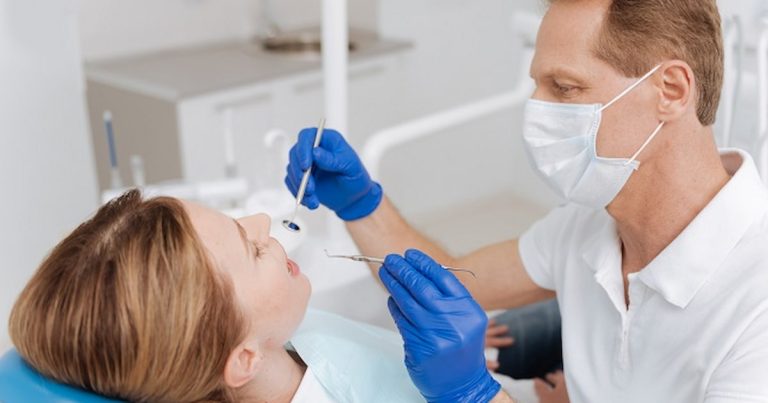Women who do not have the ability to give birth to a child are considered infertile. On the other hand, fertility is the ability to reproduce offspring. A vast portion of the world’s population is on the hunt for female infertility tests and diagnosis to avoid disappointment in the near future.
What are the signs of infertility?

Below are a few hints of an inability to conceive
- Heavier or lighter bleeding in the menstrual cycle
- Irregular periods
- The sudden disappearance of periods for months
- Pelvic pain, back pain and period cramps
In a few of the cases, infertility is caused by hormonal imbalance, symptoms in such scenarios include
- Shifts in sex drive and desire
- Acne and other skin-related issues
- Thinning of hair or hair loss
- Weight gain
- Growth of dark hair on chest, lips and chin
Milk discharge from nipples (unrelated to breastfeeding) and painful sexual experiences are signs of upcoming infertility.
What are the causes of the disorder?
Polycystic ovary syndrome is a medical condition that doesn’t allow the release of eggs from the ovaries. This is the main reason for the prohibition of delivery. However, there few more issues affecting fertility as below.
- Blockage of fallopian tubes due to an infection or a condition called endometriosis. These tubes are carriers of eggs from the ovaries to the uterus for fertilization.
- Smoking is a potential threat to fertility
- Obesity and malnutrition affect the capability to reproduce
- Sperms can be damaged by cervical mucus
- As the ladies get older, the chances of getting pregnant diminish, especially after 35 years.
It is essential to see a doctor on notice of the appearance of the above-mentioned causes and symptoms of the medical condition to take necessary treatments and thereby become parents.
Tests for confirmation
Male Partner Semen Analysis, Hysterosalpingogram (HSG), Transvaginal Ultrasonography, Sonohysterography, Hysteroscopy, Laparoscopy are common tests conducted to diagnose the situation of the individual.
Common treatments
Intrauterine insemination (IUI), fertility drugs and surgery are solutions available in the niche of the healthcare industry.
Conclusion
All the body related issues have to be dealt with by a qualified practitioner for the prevention of complications from self-medication. Therefore, an individual suspecting an infertility problem must visit the gynaecologist’s clinic and undergo female infertility tests and diagnosis.
The medical practitioner on evaluation of the health reports will suggest necessary lifestyle changes and therapies for elimination of the obstructions.

























